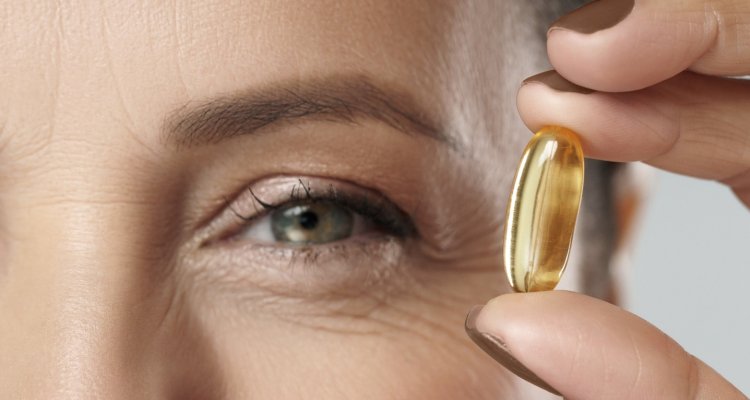
Project
Call for Partners | FERMEGA - Sustainable production of stable, bioavailable and bioactive Omega-3
To foster healthy people and a healthy planet, a transition is needed towards more sustainable consumer diets. Replacing animal protein with plant protein would contribute significantly to this transition, but this is a challenge as it impacts the familiar flavour and texture profiles consumers are accustomed to. How can consumers not only get used to these changes but also become more inclined to consistently re-purchase sustainable plant-based products, ultimately transitioning to a plant-based diet? The project Sustainable Liking will focus on the interplay between sensory experiences, long-term liking, and habit formation. By developing effective strategies, this project aims to facilitate consumers’ transition towards healthy plant-forward diets.
Cognitive and metabolic disorders can be caused by multiple factors, such as poor dietary choices and aging. Omega-3 FA play an important role in prevention of these diseases. Therefore, a sufficient intake of omega-3 FA, such as DHA and EPA, is recommended both by regulatory bodies and the scientific community.
With growing population and climate driven disruptions, the marine sources of EPA & DHA need to be supported by other, more sustainable sources of omega-3 FA. Precision fermentation using genetically engineered microorganisms is a step forward into controlled production of omega-3 FA with specific molecular forms, such as triacylglycerol (TAG), mono- and diacylglycerol (MAG, DAG), phospholipid (PL), and free fatty acid (FFA). Those forms of omega-3 FA affect their stability and bioavailability, and additionally may differ to bioavailability of marine sources of omega-3. To date, the scientific data on the stability and bioavailability if such fatty acid containing fractions remains scarce. Additionally, little is known if specific fractions and sources of such fractions have similar immune modulation effect.
This project aims to explore fermentative and sustainable production of stable,bioavailable and bioactive Omega-3 fatty acids.
We foresee the following, interconnected work packages (WP):
WP1
Stability and in-vitro bioavailability of commercial (fish and algae) omega-3 FA to understand the mechanisms underpinning digestion and gut uptake of various forms of omega-3 FA (e.g., TAGs, MAGs and PLs). Human digestion and gut models will be used.
WP2
Metabolic engineering of microorganisms to assess their potential to sustainably produce omega-3 FA in a specific lipid form (e.g., TAGs, MAGs and PLs).
WP3
Production of sustainable omega-3 FA via metabolic routes established in WP2 and functionality comparison to commercial alternatives studied in WP1.
WP4
In-vitro confirmation on the expected immune effect of selected omega 3 fractions coming from different sources, including regulatory and legislation aspects.
Join us to further shape the direction of this project.
Partners
Ingredients manufacturers and suppliers, fermentation companies (producing microbial oils already or considering such production), oil producers and suppliers as ingredient in food and end users in the food industry.